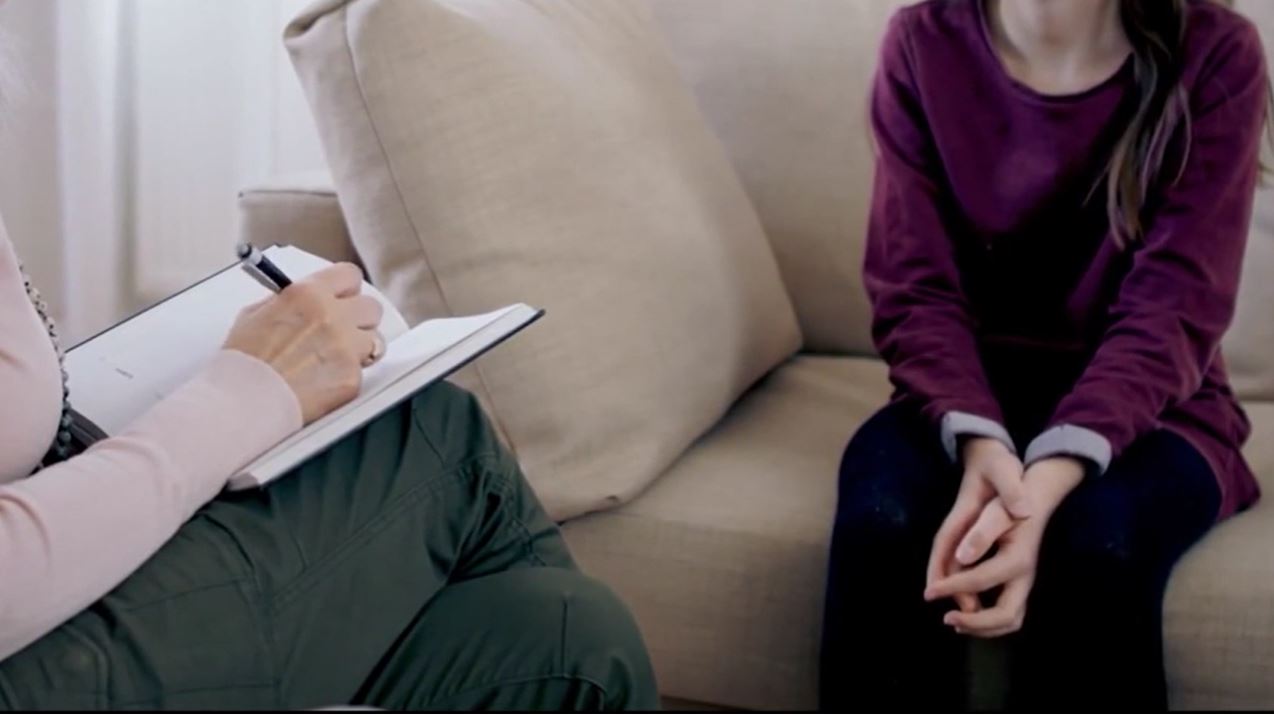Para leer en español, haz clic aquí.
Sex can be an uncomfortable topic for many families – but it doesn’t have to be. And experts say it’s never too early to start having those conversations with your kids.
WATCH ANYTIME FOR FREE
>Stream NBC10 Boston news for free, 24/7, wherever you are. |
"Sexuality is pretty much part of our entire development in the continuum of being a human being. So there's no early stage to start talking about sex and sexuality and sexual development," explains Edna Rodriguez of Trinity Health of New England's Mercy Medical Center & Brightside for Families and Children.
For younger children, those conversations start with the basics of our bodies. Those conversations can develop as a child ages based on what the parent thinks is most suitable for their child.
Get updates on what's happening in Boston to your inbox. Sign up for our >News Headlines newsletter.
“Science shows that the earlier and the more open we are to talk to our children, to teach them about the appropriate names, the body parts, the less susceptible they are to, to have interactions that are inappropriate," explains Edna Rodriguez of Trinity Health of New England's Mercy Medical Center & Brightside for Families and Children
Rodriguez is a clinical psychologist and expert in teen and adolescent mental health. She says rather than sitting your kids down for “the talk” or creating an awkward situation, you can find teachable moments by taking your cues from them. Some examples can be if you hear your child talking about dirty jokes or if someone they know is pregnant or just had a baby. For younger kids, bath time can be an appropriate time to talk about body parts.
Exactly how important are these conversations? Studies show that teens who are comfortable talking about it with their parents are more likely to wait to have it, and use protection if they do. Discussing safe sex is important - STDs are common in young people and according to the Centers for Disease Control and Prevention, roughly half of reported cases in the U.S. are in people ages 15 to 24. And while teen pregnancy rates have been dropping in the U.S., the issue remains a significant factor in high school dropout rates in girls.
And, Rodriguez adds, if you aren’t talking to your kids about sex, they’ll find the information somewhere else that may not address it the way you hope.
"Every family has a value system. And that's very individual, very cultural to every family system. And that's what we as parents bring to the table," she says.
And whatever your value system may be, Rodriguez says it’s important to stay calm when discussing it with your kids, particularly if you’re concerned about their behavior.
"Many times when we are confronted by a kid doing something that we think that they shouldn't be doing because our value system is different, we react, abruptly. And that causes kids to shut down and to lie...they don't want to disappoint us," Rodriguez says.
And if your kids start asking questions, think carefully about how you respond – down to your body language.
"I think very important not act to surprised or shut them off, because, again, what we're going to create is, our relationship with our children, especially on topics of sex and sexuality, that they feel that they can trust us, that they can come to us."
Rodriguez explains that as kids start having romantic relationships, parents should give them space to explore that while also looking out for any red flags or unhealthy behaviors. Withdrawal, mood swings and irritability are common signs of a problem, as well as less participation in their normal activities or hobbies.
"Every kid is unique and they may act differently. But once we start seeing that this relationship is the source of stress, that is a source of of a sort of like, obsession. Some kids get super hyper focus in the relationship is the time to kind of like have the conversation about the particular relationship and how it's going."
Other major red flags would be if you notice signs of controlling behavior or signs of physical abuse, such as bruises.
Some final advice from Rodriguez – the only way to guide your children is if you create the scenario for them to want to be guided.



